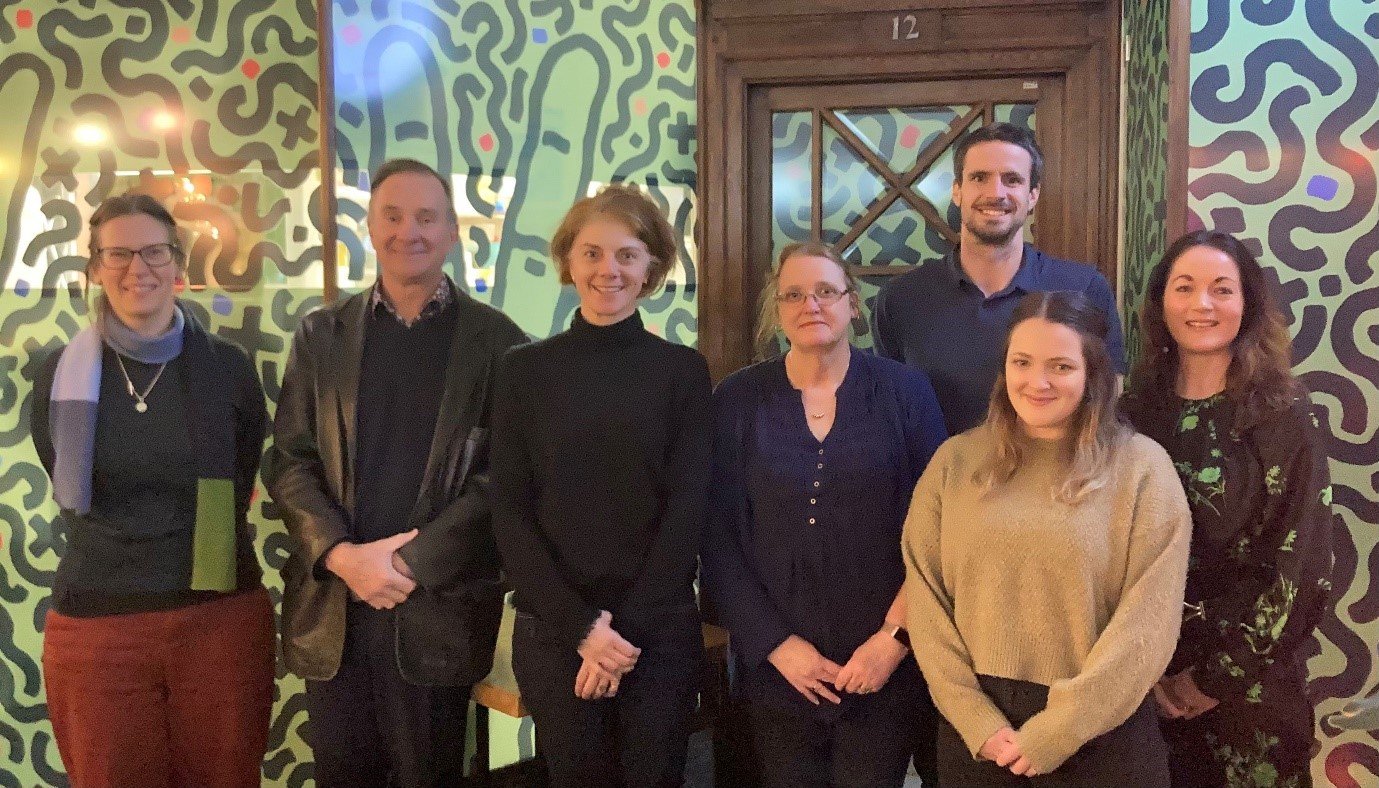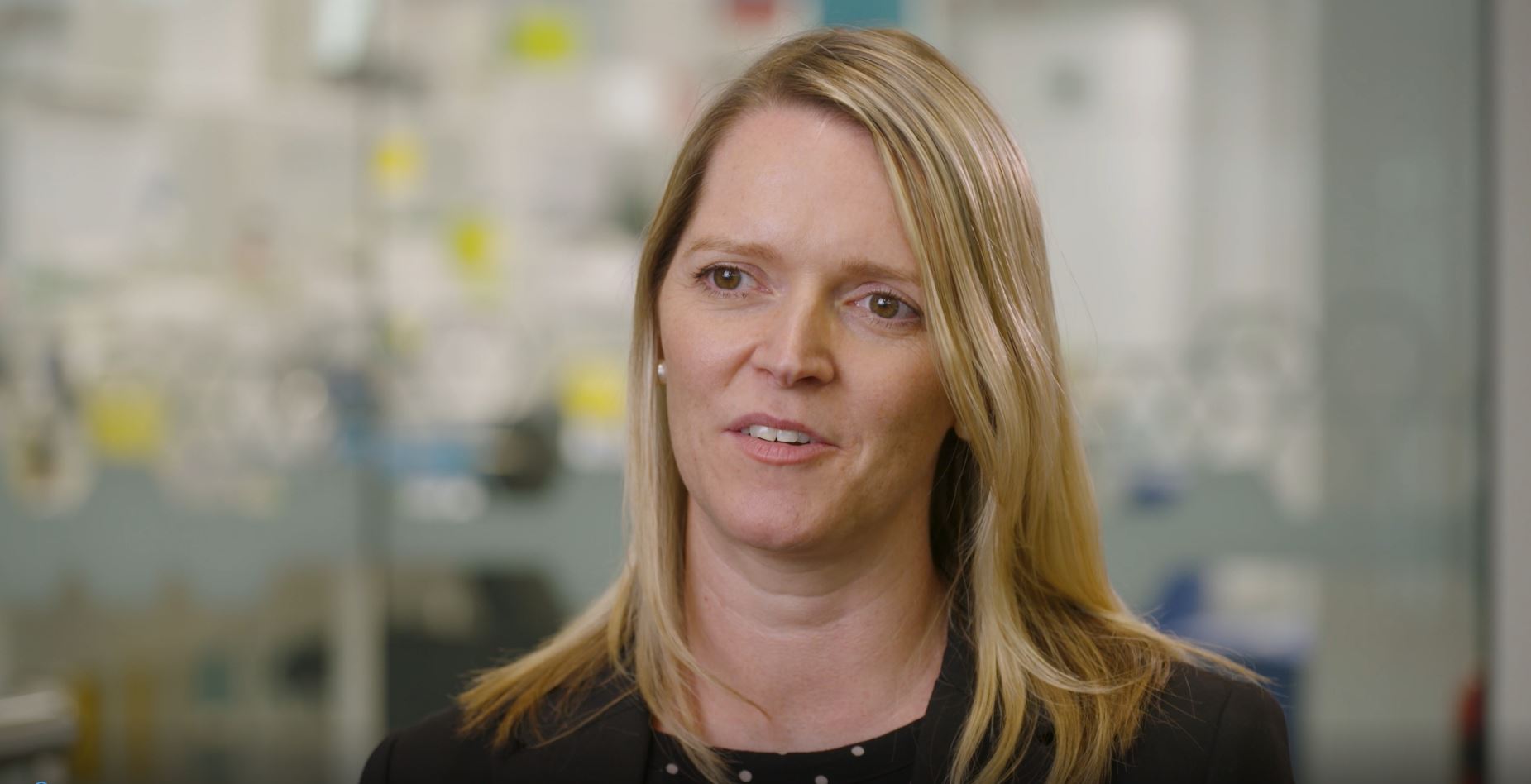Search
Contact us If you'd like to get in touch, please contact us by phone or email. Phone: 0400 450 240 Email: vtg@thekids.org.au The Vaccine Trials Group
CHIP Study Update
CMVictory: finding a vaccine for cytomegalovirus, a serious virus for unborn babies

Noeletta McKenzie is a Champion for Change, RHDAustralia, and community representative and advocate for the START study.

Liana’s story begins nine years ago. It starts with a sore ankle, a fever, a trip to the emergency room and clinic and finally a diagnosis of acute rheumatic fever (ARF).

Māori and Pacific governance groups discuss and inform study protocols and issues that have arisen during the study, particularly those pertaining to Māori and Pacific ARF patients and their whānau.

News & Events
Old, painful rheumatic heart disease treatment could be phased outAn international trial reveals 95% of rheumatic heart disease patients prefer less painful penicillin injections under the skin, aiming to improve treatment adherence.

News & Events
Maths, modelling and RSV: the unique combo driving virus preventionThe Kids Research Institute developed a world-first RSV transmission model using real data to predict the impact of WA’s immunisation program for young children.

News & Events
Seed grant preps world-first ear infection prevention therapy for human trialsThe Kids Research Institute Australia has secured a State Government grant to prepare a nasal therapy designed to prevent childhood ear infections for a world-first clinical trial.

News & Events
Unified response critical to address spread of ‘flesh eating’ bacteriaA surge in invasive group A streptococcal reports in Australia has prompted The Kids Research Institute Australia researchers to call for a unified national public health response, with cases tipped to increase.
